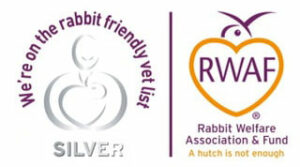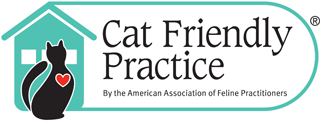Pets can experience stressful episodes in the same way we do. Fireworks are an obvious example but moving house, going to a kennels or cattery, building work etc can be stressful to our pets. Cats and dogs like their home life to be ‘the same’ much like ourselves!
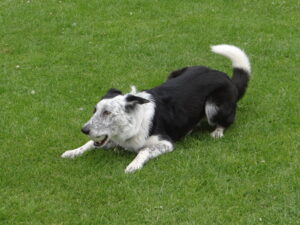
How to Spot Signs of Stress in Your Pet
You know your pet better than anybody and will often notice changes in behaviour in traumatic situations, such as Bonfire Night.
Symptoms to look out for include:
Dogs
- Trembling and shaking
- Clinging to owners
- Barking excessively
- Cowering and hiding behind furniture
- Trying to run away
- Soiling the house
- Pacing and panting
- Refusing to eat
 Cats
Cats
- Cowering and hiding behind or on top of furniture
- Trying to run away
- Soiling the house
- Refusing to eat
Noise Anxiety
Specifically on Bonfire Night your pet may have ‘Noise Anxiety’.
This is anxiety to sudden or sustained loud noises such as fireworks, thunderstorms, parties, gunfire, engine noises and construction work. The reaction can be to the first time the noise is heard or repeated exposure which can make the situation worse each time.
Anxiety is a reaction to an anticipated danger. Anxiety includes physiological signs (e.g. increased respiratory and heart rates, trembling or paralysis, increased salivation or sweating, gastrointestinal disturbances) and behavioural sign which may include changes in activity (e.g. immobility, pacing, circling, restlessness); changes in distances to supportive stimuli (e.g. remaining close to a person); or changes in appetite.
Fear is an emotional response caused by a specific stimulus (e.g. an object, noise, social situation) that a pet perceives as a threat or danger
Even low levels of triggering stimuli almost always provoke an immediate behavioural response which may take the form of a panic attack.
Regardless of the triggering stimulus, the perception of fear and anxiety is equally negative for the dog (or cat) that experiences it and, if it does not have an adequate coping mechanism, its welfare may be compromised.
What Can You Do?
As we approach bonfire night, if you know your pet gets stressed you need to start thinking about what to do now.
There is a wide range of advice available, some things you can manage at home;
- Make your pet a safe, warm den
- Keep curtains closed and family present.
- Soundproof the room as much as possible
- Have the TV or radio on.
- There are desensitizing programs that expose your pet to gradually increasing noise in a controlled and comfortable way, this again has to be started some weeks before Bonfire Night.
- Have your pet microchipped in case he or she does run away.
There are also other ways to manage the noise of fireworks (and stress generally);
- You can use calming pheromones for cats (Feliway) and dogs (DAP), these can be plug in diffusers (like air fresheners), impregnated collars, or sprays. These products need to be started several weeks before they are needed.
- There are calming medicines, some can be provided without having to see your pet, these also need to be given for a few days before November 5th for best effect.
- Stronger sedative medicines are very effective but we need to see your pet and discuss their use with you. These are generally just given on the night.
- There is also a calming diet which can be fed instead of your pet’s normal food during the stressful period.
- We have a noise desensitizing gel which you apply to your dogs gums. Again you give for a few days prior to the night.
- Tellington TTouch, a kind and respectful way of working with dogs which can be used to help them overcome a variety of health and behavioural issues such as; fear & shyness, noise sensitivity, excessive barking, excitability. nervousness, leash pulling, car sickness and jumping up.
TTouch recognises an inextricable link between posture and behaviour and uses body work, ground work exercises and specific equipment to release tension and to promote a feeling of calm and well being. This in turn helps dogs develop self confidence and self control and enables them to move beyond their instinctive and, often fearful, responses.
It helps to increase trust and understanding between both the dog and owner and benefits both the giver and the receiver giving us a greater appreciation for our animal companions.
TTouch workshops are run at Mucky Paws Pet Shop, the next one is on Sunday 22nd October. Places are limited, if you are interested contact: Mucky Paws Pet Shop & Mutz Cutz Grooming – 01772 339794
As you can see, there are several steps you can take to help your pets over this stressful time. Every pet and situation is different so it is important to plan ahead so please contact us now to discuss any of the above.

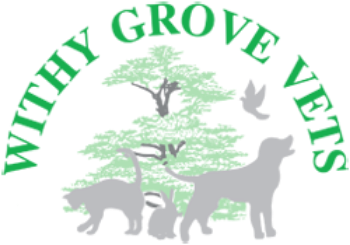

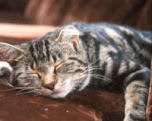 Cats
Cats
